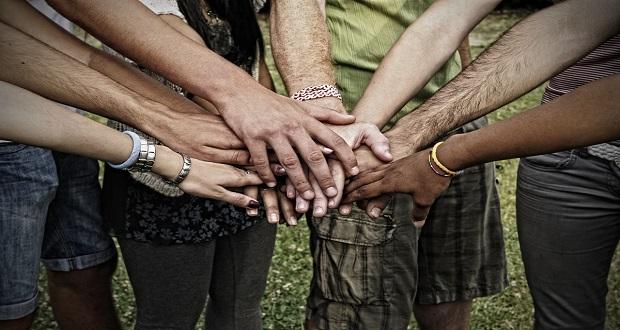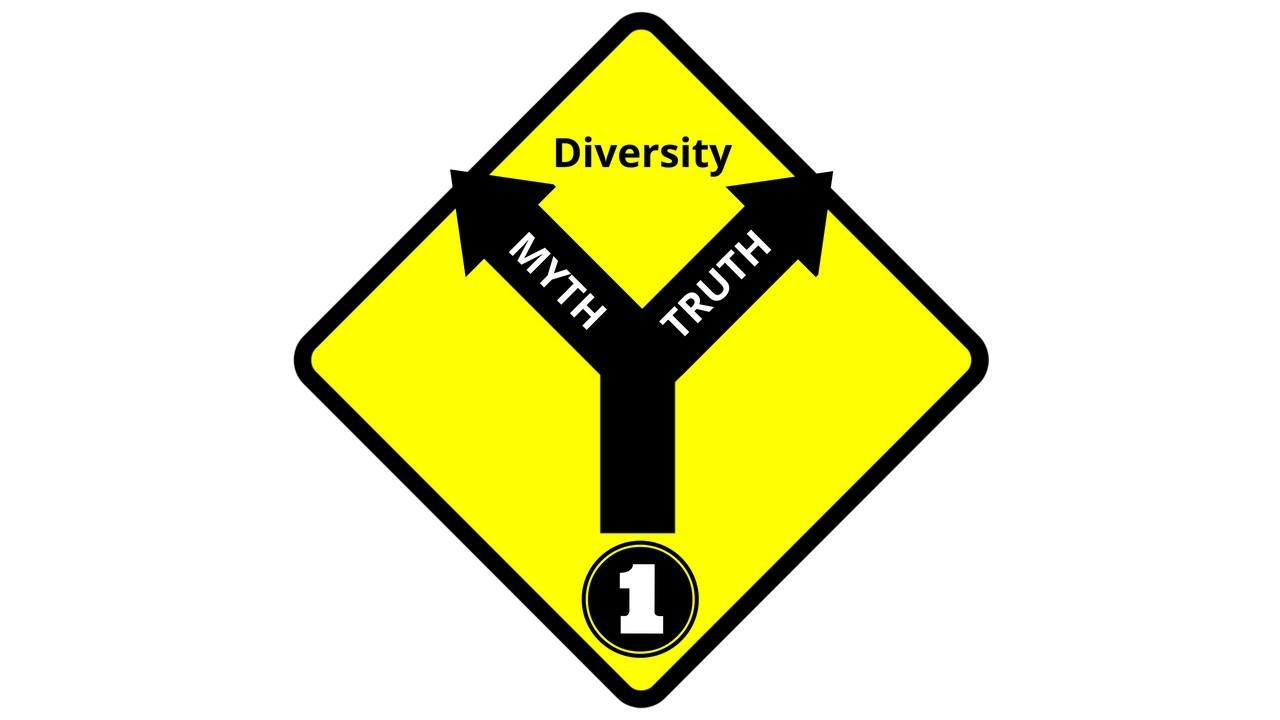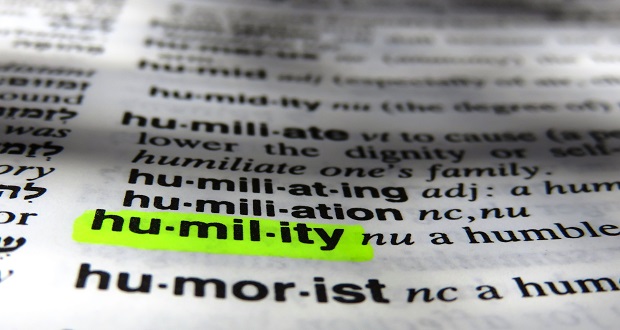Last week, Ta-Nehisi Coates wrote an article in the Atlantic calling Trump America’s “First White President.” The descriptor of “first” was obviously low hanging fruit—both for critiques from people that understand race as only skin color and for those who see many more US presidents as complicit with or perpetrators of white supremacy. But as Coates makes clear and convincing, no other US president has run on a platform that is so explicitly against the president before them—which, not coincidentally, happens to be America’s first Black president.
The reactions to Coates’ piece have been predictable in both focus and response—almost none of them taking his claims and evidence as starting places for critique but almost all taking issues with the strong claim in the first place. This satirical response, “Whitesplaining Ta-Nehisi Coates”, beautifully captures the wave of responses that explained away Coates’ main argument instead of engaging with it.
The landscape for racial dialogue in this country is fertile with the rules of the dominant culture, which demand strong reactions against claims of ideologies, social groups, and systems-oriented thinking. Instead, the dominant culture sees many social phenomena through an individualized, ahistorical, and interpersonal lens. Any talk of racism becomes about the race of one’s (inter) personal friends or personal feelings towards other racial groups and ignores any reference to history, unconscious bias, or unspoken assumptions about the world. This same landscape shapes any dialogue about the nature and reality of white supremacy—which is largely viewed as only existing in KKK hoods or Charlottesville-esque marches. But like systemic racism, white supremacy is an ideology. Ideologies are the often-hidden belief systems that shape anything from daily interactions to national policies—they are the invisible hand inside the gloves of society, guiding and manipulating how we relate to the world and one another. If you ask enough why questions about something, you will eventually get to an ideology.
As white supremacy is increasingly becoming part of mainstream vocabulary—along with subsequent misunderstandings and misuses—it is just as important to understand what it is and how to fight it. Today, I was struck by an interview with Coates on his article in which he attempts to name at least one of the major barriers to racial progress and dismantling white supremacy. Coates says that the barrier to fighting white supremacy is in the difficulty of white people to “give up” or lose some degree of power or benefits of being in a dominant racial group. He goes on to explain that white people will have to give up whiteness (defined as the allegiance to an identity that is assumed to be superior) in order to fight racial injustice.
Although I agree with Coates, I do not think this is the full picture. Yes, white people aligned with white supremacy who see themselves as the holders of morality, goodness, justice, and value over other groups may give up some security (mentally and materially) as they work to dismantle that belief system. Policies and institutions built on this belief system offer them various levels of protection as well that not offered to other groups (i.e. policing, military, education, healthcare, etc). However, I would add that fighting white supremacy is also a “getting in” as much as it is a “giving up” because the evil of white supremacy is that is kills white people too. Blacks and Latinos are brutalized by the police more often than white people, but not more overall (there’s just more white people). So, the irony of all of the protests of Blue Lives Matter and the ongoing militarizing of the police by white people is self-inflicted harm.
The same arguments could be made about efforts to dismantle programs that disproportionately aid poor people of all stripes. The “positive” side of fighting white supremacy is that it is also a “getting in” to a belief system and social group that does not define itself against others—but for them. Outside the grips of white supremacy is a tribe that is for justice, love, and hope for all people—especially the most oppressed of the world.
As James Baldwin continuously emphasized in his writings, racism and white supremacy is a sickness of the oppressor—not the oppressed. The disease of white supremacy not only may protect you from some harms, but it also blocks you from many goods. In this way, our fight to dismantle must always be both a giving up of false protections and getting in to a more open, loving, and courageous relationship with the world.



















